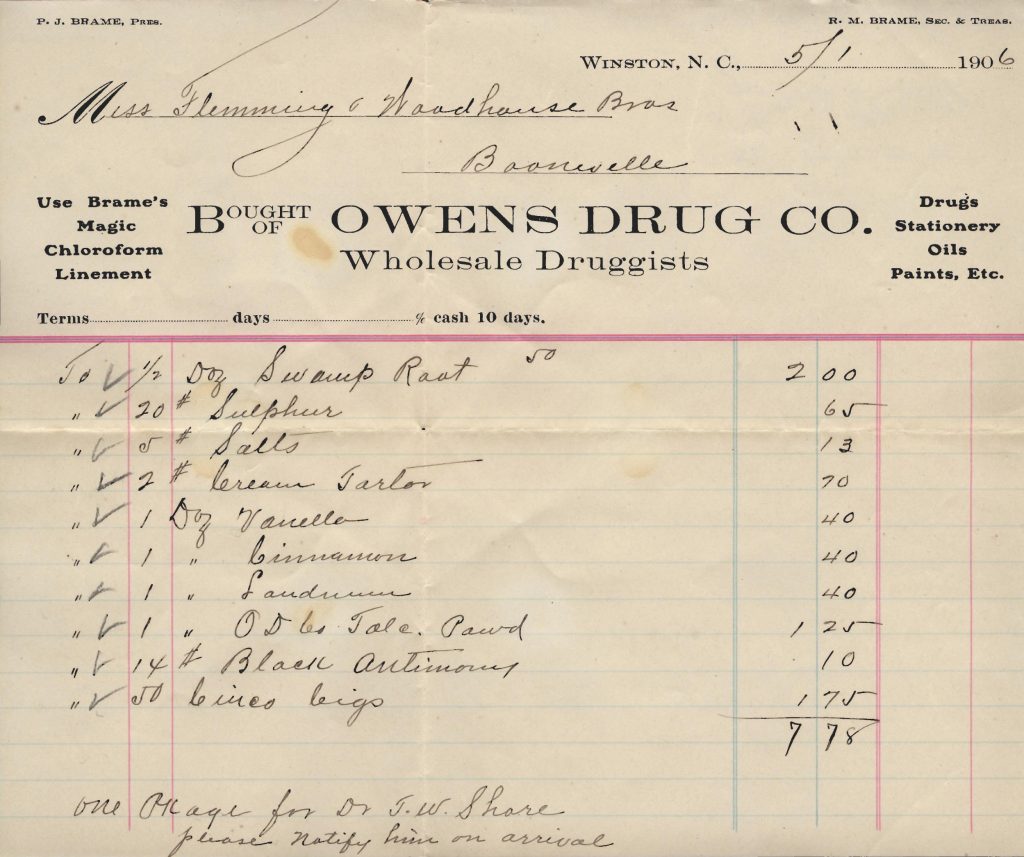 When a case ends at the trial court level, the judge signs a physical order document laying out the court’s decisions. This physical order document is called a final judgment; every case will only have one final judgment. Final judgments cannot be amended easily by either the trial court or the parties. The only permissible amendments are those that fix basic errors, such as spelling or arithmetic; all other modifications or changes should be brought up on appeal or in a motion for a new trial. Starnes v. Asplundh Tree Expert Co.
When a case ends at the trial court level, the judge signs a physical order document laying out the court’s decisions. This physical order document is called a final judgment; every case will only have one final judgment. Final judgments cannot be amended easily by either the trial court or the parties. The only permissible amendments are those that fix basic errors, such as spelling or arithmetic; all other modifications or changes should be brought up on appeal or in a motion for a new trial. Starnes v. Asplundh Tree Expert Co.
A final judgment is not the end of a case. Almost every case has a right to appeal. The appellant will point to the section they believe is wrong and ask the appellate court to fix the issue. So what happens when a Louisiana Court signs two final judgments? The following case out of Baton Rouge demonstrates what occurs when this happens.
A graduate student at LSU fell and injured his ankle while leaving his university apartment when leaving for a work trip. He petitioned for worker’s compensation but later decided to bring a lawsuit against LSU for his injury in the 19th Judicial District Court in the Parish of East Baton Rouge. The 19th judicial district ruled that because he was in the course of his employment, the only remedy that this graduate student could receive was worker’s compensation.
 Louisiana Personal Injury Lawyer Blog
Louisiana Personal Injury Lawyer Blog


 The legal system is complicated, with many “dos-and don’ts.” Whether or not you can have your case heard in court first requires following the rules guiding the sufficiency of your claim. If your complaint fails to show that you have a right to bring the case against your defendant, your case might be dismissed. But how strictly interpreted is this rule? What does it look like when a cause of action is sufficient to be heard or ripe for dismissal?
The legal system is complicated, with many “dos-and don’ts.” Whether or not you can have your case heard in court first requires following the rules guiding the sufficiency of your claim. If your complaint fails to show that you have a right to bring the case against your defendant, your case might be dismissed. But how strictly interpreted is this rule? What does it look like when a cause of action is sufficient to be heard or ripe for dismissal? In the United States, parents are often deemed responsible for the criminal conduct of their minor child. But the rules guiding this concept could be more precise and are subject to much controversy. How do we decide when that duty exists and when it ends? A Louisiana court answers the question, does parental liability extend over adult children in Louisiana?
In the United States, parents are often deemed responsible for the criminal conduct of their minor child. But the rules guiding this concept could be more precise and are subject to much controversy. How do we decide when that duty exists and when it ends? A Louisiana court answers the question, does parental liability extend over adult children in Louisiana? Once a case has been fully litigated, it has been established that the plaintiff cannot bring additional lawsuits against the same parties for the same cause of action. This principle,
Once a case has been fully litigated, it has been established that the plaintiff cannot bring additional lawsuits against the same parties for the same cause of action. This principle,  Claims involving both state and federal law can be extremely complicated; however, what happens when there are questions surrounding the state law itself? In this situation, the district court may actually abstain from exercising its jurisdiction until the state law concerns have been resolved—the following case involving law enforcement officers in New Orleans discusses these issues.
Claims involving both state and federal law can be extremely complicated; however, what happens when there are questions surrounding the state law itself? In this situation, the district court may actually abstain from exercising its jurisdiction until the state law concerns have been resolved—the following case involving law enforcement officers in New Orleans discusses these issues. A dilatory exception for prematurity is defined in the
A dilatory exception for prematurity is defined in the  Often people are injured by a person who appears to be an employee of a company. However, just because someone seems to be working for a business doesn’t necessarily mean they are an employee. If you’re hurt by an employee of a company and want to seek damages, whether the person is an employee or an independent contractor could make a big difference in your case. The following case explains the difference between an employee and an independent contract for determining who will be liable for the injured party’s claims.
Often people are injured by a person who appears to be an employee of a company. However, just because someone seems to be working for a business doesn’t necessarily mean they are an employee. If you’re hurt by an employee of a company and want to seek damages, whether the person is an employee or an independent contractor could make a big difference in your case. The following case explains the difference between an employee and an independent contract for determining who will be liable for the injured party’s claims.  Removal of estate executors can be difficult and require many hours of work. Not only does a petition need to be filed with the court, but the executor being removed must be notified, which often results in a legal battle. Things can become even more complicated when long-lost relatives appear. The following case discusses how the heirs of an estate may seek to remove the executor.
Removal of estate executors can be difficult and require many hours of work. Not only does a petition need to be filed with the court, but the executor being removed must be notified, which often results in a legal battle. Things can become even more complicated when long-lost relatives appear. The following case discusses how the heirs of an estate may seek to remove the executor. If you slip and fall at a store, you might think the store will be liable for your injuries. However, to succeed in a slip-and-fall claim in Louisiana, there are various elements you must show before you can recover. You might not recover for your injuries if you do not provide evidence to support your claims.
If you slip and fall at a store, you might think the store will be liable for your injuries. However, to succeed in a slip-and-fall claim in Louisiana, there are various elements you must show before you can recover. You might not recover for your injuries if you do not provide evidence to support your claims.